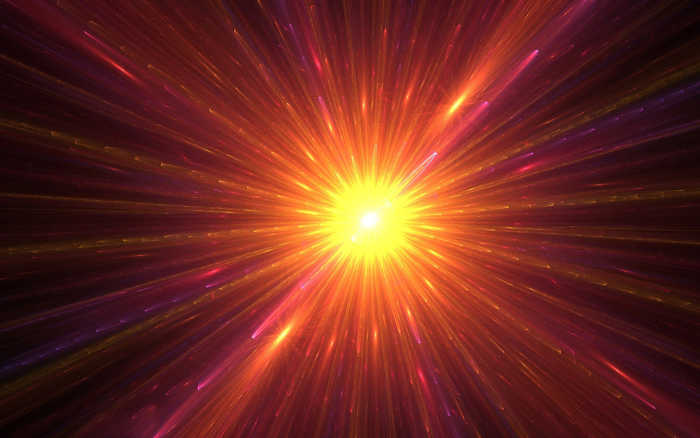FWP:
SETS
SUN: {10,5}
ZARRAH: {15,12}
On the pronunciation of the rhyme-words in this ghazal, see the discussion in {95,1}.
As Arshi and Faruqi note, this isn't Ghalib's only verse involving sun and sand-grains. In fact he has quite a set of them, and often they're connected to mirrors too. (My own favorite sand-grain verse is the stark, eerie, almost terrifying {16,4}.)
Conspicuously, the first line doesn't tell us whose presence we're talking about. If it's God's presence, then the glitter in the sand-grain tells us that He is behind it. If it's the presence of the sand-grain itself, then we have the two, or perhaps three, possibilities enumerated by Faruqi.
This is a verse that feels very congenial if read sufistically,
as addressed to God, but there's no reason in principle that it couldn't be (extravagantly, hyperbolically) addressed to a human
beloved as well. In the ghazal world, it's often hard to tell the beloved and the Beloved apart.

Nazm:
That is, the radiance/manifestation of the Praised Exalted One is the cause of the presence of the world, the way the sun-rays are the cause of visibility for the sand-grains. The true form of the first line is like this: terī tajallī sāmān-e vujūd hai . Causing hai to vanish like this is a special feature of poetry. [In speech, it would not be correct.] (96)
== Nazm page 96